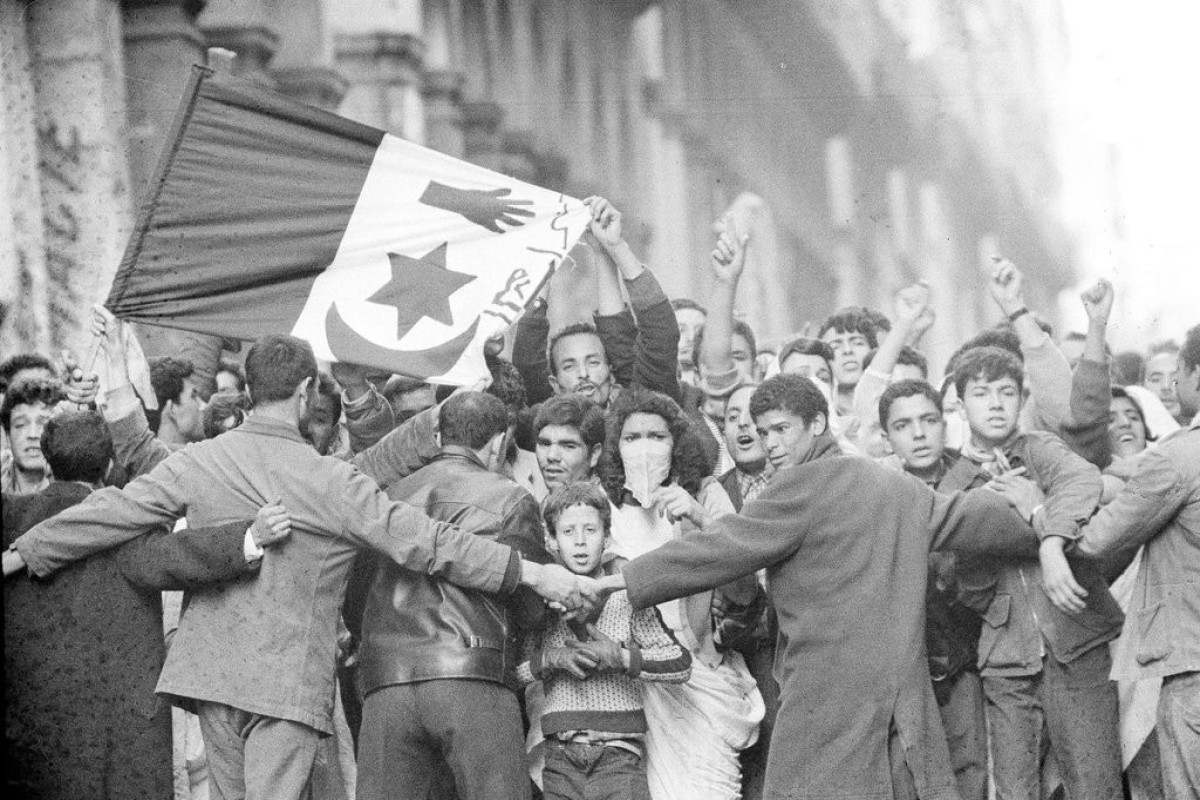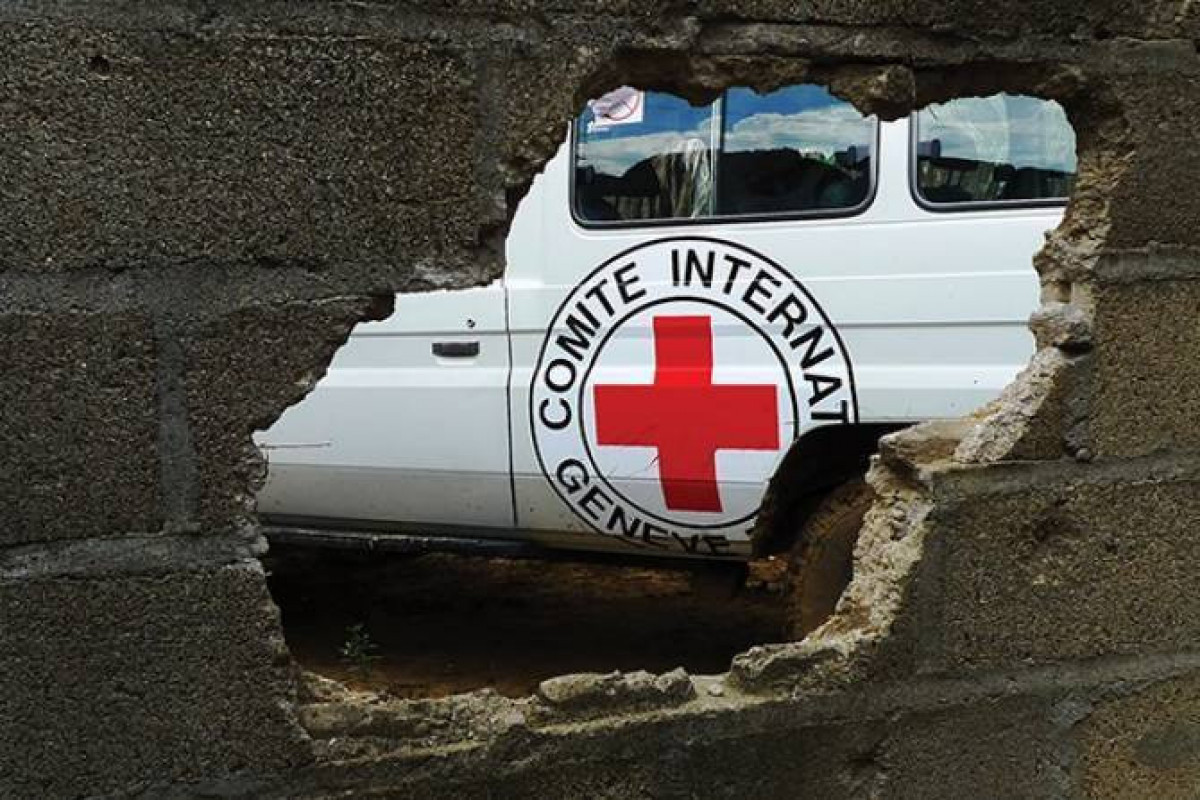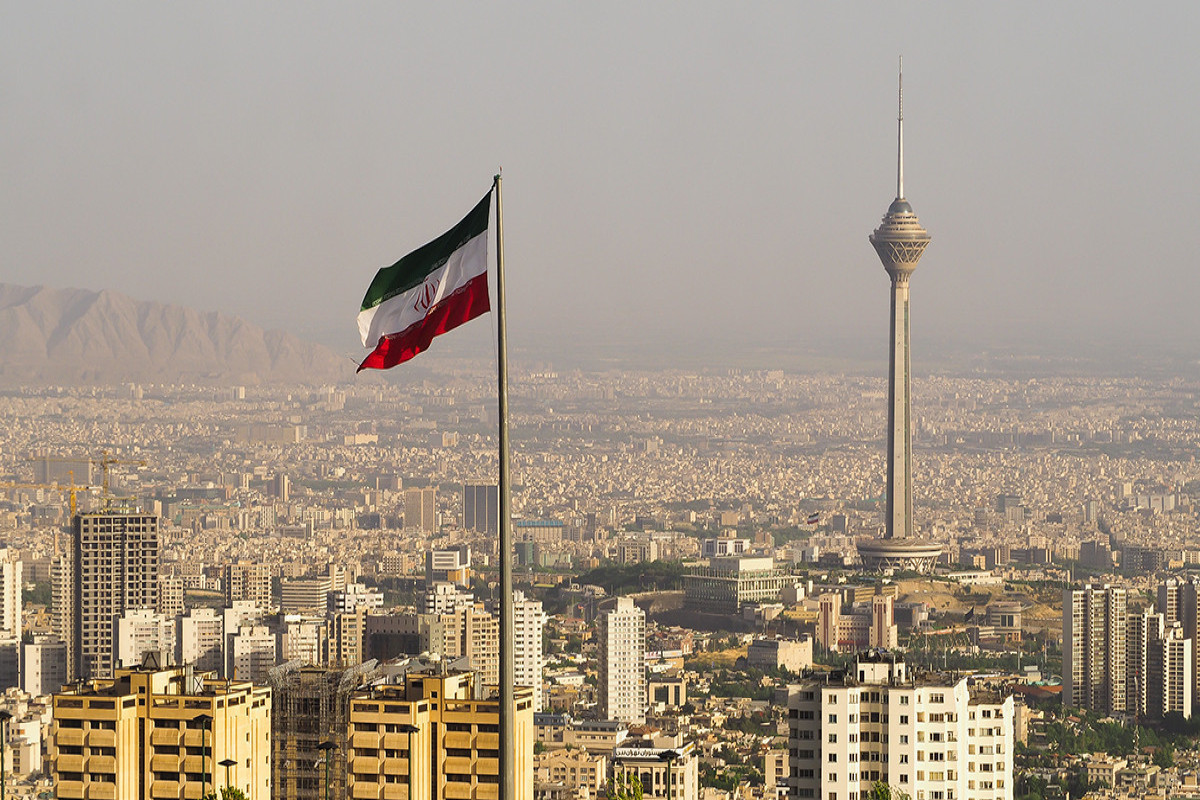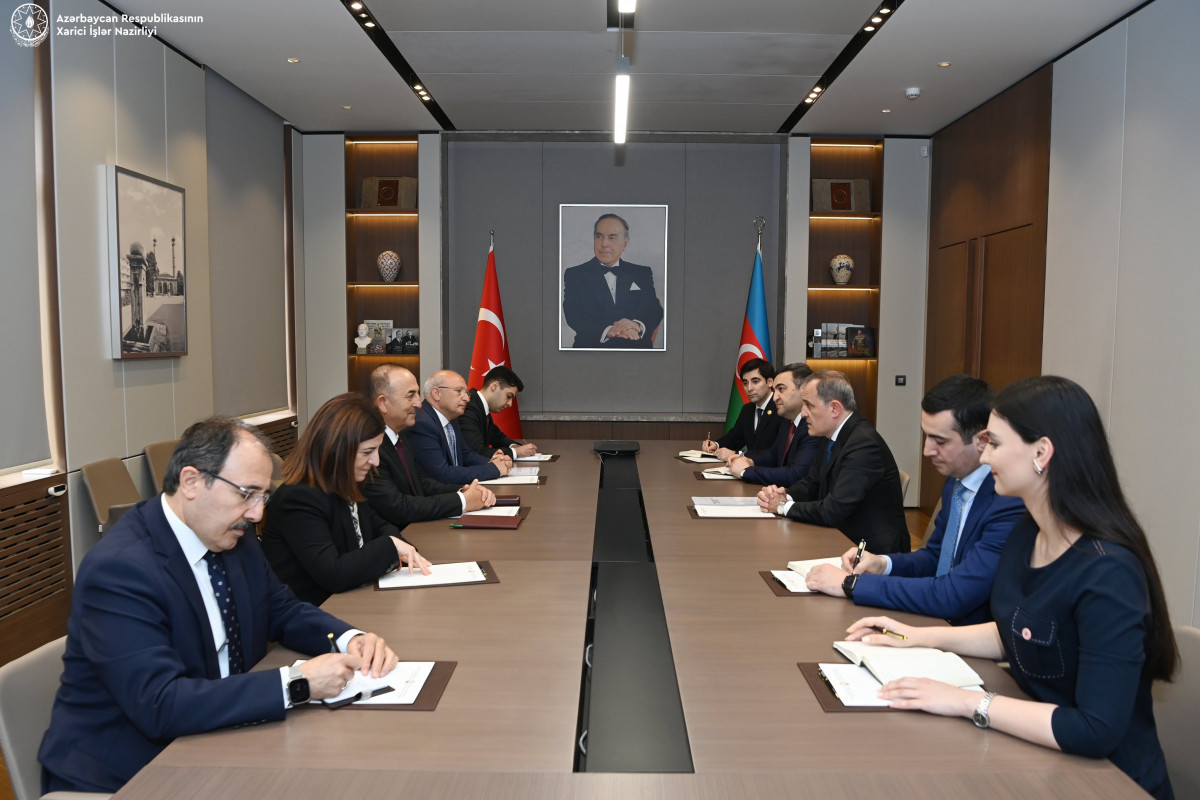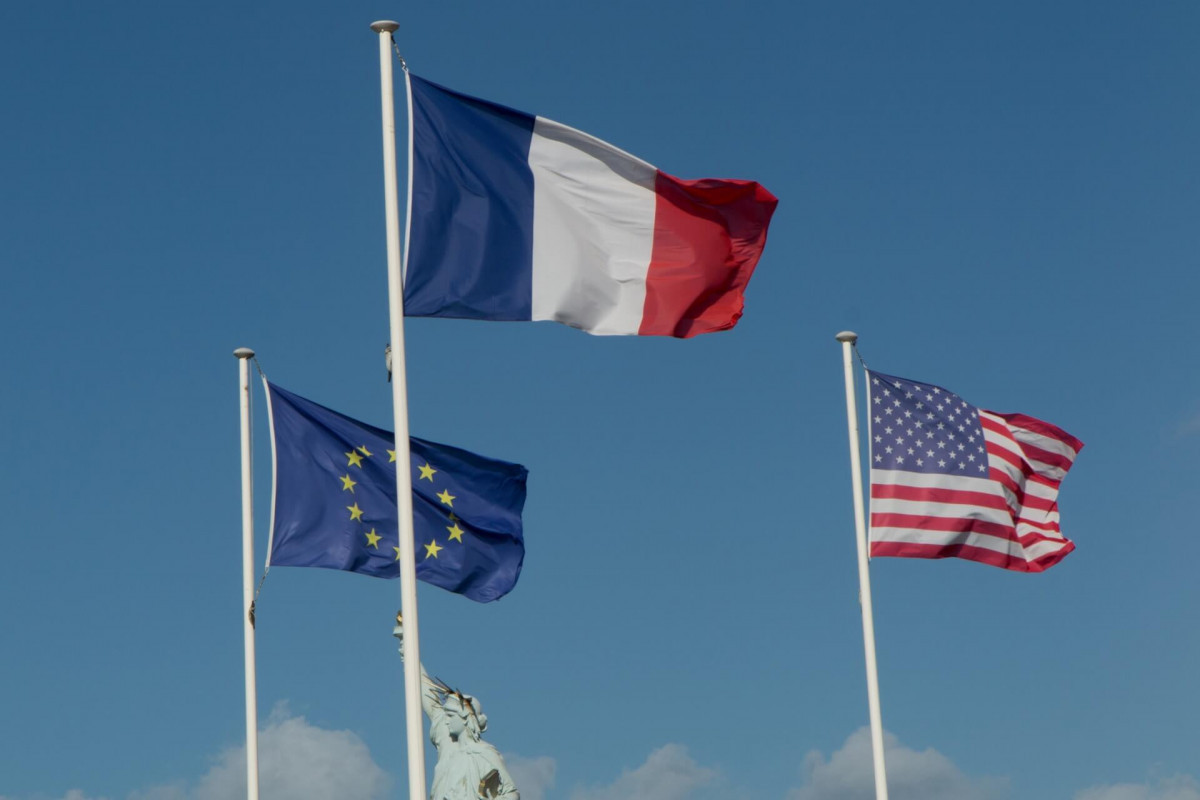The People's Democratic Republic of Algeria will host the Summit of the League of Arab States for the 4th time on November 1-2. The summit of the league was held in this country for the last time on March 22-23, 2005. President of Azerbaijan Ilham Aliyev was also invited as an honored guest in the status of the chairman of the Non-Aligned Movement to the prestigious summit of which 22 countries are members. President Ilham Aliyev visited this country on November 1 to participate in the Summit as an Honorary Guest at the invitation of the President of the People's Democratic Republic of Algeria, which hosted the 31st Summit of the League of Arab States.
At this point, when attention is focused on Algeria, it is necessary to talk about the North African country in more detail. The People's Democratic Republic of Algeria is the largest country in the Arab world and the African Union, and the 10th in the world. The country is an important producer and exporter of natural gas (5th in production, 4th in exports) and oil (13th in production, 9th in exports). In recent years, a comprehensive policy has been implemented in order to diversify the country's economy and attract foreign investments. The history of the country is rich with examples of heroism and tragic events. Algeria was occupied by France in 1830 after more than 300 years under Ottoman control. Compared to the peaceful Ottoman period, more than 1.5 million Algerians were killed by the French during the French occupation of 1830-1962. Therefore, Algeria is sometimes called "the country of 1.5 million martyrs". In total, about 10 million Algerians are said to be victims of the French colonial period. But repression and mass killings do not break the determination of the Algerian people. The revolution that started in the country on November 1, 1954, ends with the achievement of independence. Since the National Liberation Movement started on November 1, the Summit of the League of Arab States was also scheduled on this significant date.
It is no coincidence that in the congratulatory letter sent by President of Azerbaijan Ilham Aliyev to Algerian President Abdelmajid Tebbou the other day, the importance of November 1 for the people of Algeria is emphasized once again.
"On November 1, 1954, the Algerian people started their freedom struggle against the colonial policy. Despite the unprecedented violence, violent acts, and war crimes committed by the colonial forces against your people, the Algerian people's determination for independence has not been shaken, on the contrary, national unity and solidarity have become stronger," the letter reads.
Indeed, if we draw a parallel in the history of the peoples of Algeria and Azerbaijan, the struggle of both peoples against colonial oppression, the sacrifices they made, and the determination to win are similar.
The attitude of the French to Algeria was different from the other territories they occupied. So, if other territories were considered to be colonies, Algeria was considered a part of France, its overseas territory. It is at this moment that the double standards and undemocratic nature of France, which considers itself the "cradle of democracy" in Europe, becomes apparent. At this point, parallels can be drawn between France's policy in Algeria and Armenia's policy in the Karabakh region, which has been under occupation for nearly 30 years. We should note that this approach is at the root of the pro-Armenian policy of official Paris. France, which demanded independence for 15-20 thousand Armenians living in Karabakh, refused to grant autonomy to the more than 11 million people of the largest country in Africa and the Arab world by its territory.
Not content with granting autonomy, France declared the country it had occupied in 1830 and which it had no connection with until that date, an inseparable part of France. The Algerian people did not agree with this unjust situation and rose up in 1954 and began to resist the colonial forces.
In order to achieve its goal, the occupying French army commits mass murders, as well as numerous other crimes against humanity and war. These crimes are manifested either in the 1830s, when the occupation began, or during the colonial period, or in 1954, when the struggle for freedom came into the open. For example, the tribe of El-Uffia, who resisted the French invasion as early as 1832, was put to the sword where they slept at night. Because the French rose up to fight against them in a short time, they killed 12 thousand of people, including women and children. Also, on May 8, 1945, when France celebrated the end of the Second World War, it took a seat to the Algerians who came to a rally for their freedom. In 1945, 45,000 Algerians were killed, 5,000 people were arrested, 99 people were executed, and 64 people were sentenced to hard labor. However, Algerians are resolutely fighting against the occupation of France by Germany in 1940. During the Second World War, 173,000 Algerians were recruited into the French army, and 26,000 of them died on the battlefields. Another 120 thousand are mobilized for the construction of defense fortifications. But Algeria, which sacrificed so much for the freedom of France, not only thanks Algeria for its sacrifice, expands the rights of the region, on the contrary, as mentioned above, it commits a massacre in the city of Setif. And yet official Paris refuses to recognize that tragedy as a massacre. It should be noted that every year May 8 is celebrated as "National Remembrance Day" in Algeria. During the liberation struggle, the "cave war" was fought in the vast underground tunnel networks of the Ores and Atlas mountain ranges in northeastern Algeria. The French, helpless in the face of such successful tactics of the Algerians, used chemical weapons - poisonous gases - prohibited by the Geneva Convention. The goal was to drive the fighting people out of the caves and capture the Algerians and gather intelligence.
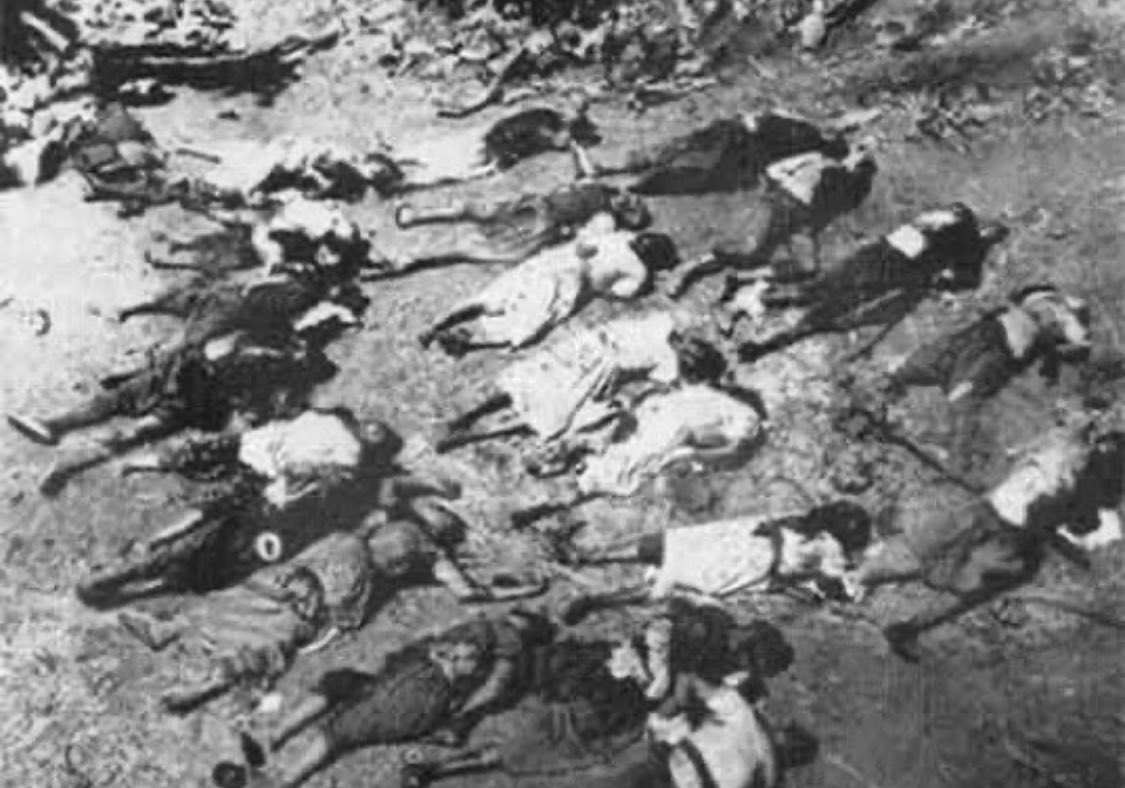
Another tragedy occurred on October 17, 1961. That day, tens of thousands of Algerians demonstrate in Paris to condemn the French occupation. As a result of the French police firing and throwing protesters into the Seine river, up to 1,500 Algerians are killed, and more than a thousand people are arrested. This event goes down in history as the "Seine massacre". This time, the French authorities are silent about the tragedy that happened in the center of the country. Only 37 years after the tragedy, France confirms the death toll during the "Seine Massacre" and even then it is not biased, showing the death toll at only 40 people. It seems that the tradition of not accepting responsibility for the massacres committed by France has spread to Armenia as well. The genocide and massacres committed against Azerbaijanis in Garadaghli, Agdaban, Khojaly and other settlements in 1992-1993 are actually similar to the massacres committed in Setif in 1945 and in Paris in 1961. In both cases, the guilty party did not take responsibility for the crime he had planned and did not apologize. Another similar point in the politics of Armenia and France is related to the illegal settlement. So, just as Armenians were moved from Armenia and the Middle East in order to change the ethnic landscape of the region in Karabakh, as a result of the illegal settlement policy in Algeria, in the middle of the 20th century, 1 million of the population of 9 million were Europeans who had no connection to these lands. France applied racist and discriminatory laws in Algeria, called Algerians "Arab Muslims of France" and took away the land and property of the population. This reminds us of the settlement of Armenians in the houses of ethnically cleansed Azerbaijanis in Karabakh. Despite the ban imposed by the International Labor Organization in 1930, Algerians continued to be involved in forced labor, a fierce struggle was waged against mosques and Qur'anic schools in order to destroy the characteristics of the country's national identity, starting from 1836, the first missionary schools were opened to promote Christianity. The policy of vandalism carried out by Armenian nationalists against mosques in Karabakh in the 1990s is identical to the policy of their French predecessors in Algeria. Another important point is that France and Armenia have taken the same step with different means in the aspect of ecological terrorism. In 1960-1966, 17 nuclear tests were carried out by France in Reggan and In Ecker areas of Algeria, of which 11 underground tests were carried out in 1962 after the "Evian Agreements" that ended the "Algerian War". To date, thousands of Algerians have been killed or seriously injured as a result of mine explosions planted by the French. And although these numerous facts and evidences have been confirmed, although it is clear that France has used prohibited weapons and grossly violated the Geneva Conventions of 1949 on international humanitarian law, France still has not officially recognized the genocide in Algeria and has not even asked for an apology.
But the official Paris pursuing hypocritical policy accuses Azerbaijanis of committing war crimes against Armenians. Of course, France, which changes the place of the criminal and the victim for the sake of its own political interests and insidious plan, understands well that Armenia's mine terrorism in Karabakh and the damage caused to the environment are parallel to its policy in Algeria. However, Algeria today still requires France to resolve some issues: Among them, the return of all archival documents stored in France to Algeria has an important place. So, fearing that the atrocities committed by them will be revealed, the French government refuses to return the archival documents they stole from Algeria.It is interesting that the French government, which holds the archive of the Azerbaijan Democratic Republic as a hostage, does not even allow the Azerbaijani side to access that archive. Apparently, official Paris is not interested in Algeria or Azerbaijan learning the truth about their history. At the same time, Algeria is demanding the opening of the file on the nuclear tests carried out on the territory of France, the presentation of topographical maps of the areas where the undetected chemical, radioactive and poisoned wastes are located, the assessment of the effects of the tests and wastes on the local population and the payment of compensation. Faced with this rightful demand, each new French President prolongs the consideration of the issue by giving different and funny excuses.
Accusing the Azerbaijani side of firing on the civilian objects of Armenia, France is well aware that as a result of the nuclear weapons tests it carried out in Algeria, the environmental condition of the area and the health of the population have been seriously damaged. The worst part of the matter is that the underground tests were all carried out in secret after Algeria gained independence. That is, France has carried out a test of a weapon of mass destruction on the territory of an independent state without its consent. The fact that the French court, which calls itself independent, has not yet made a decision on the issue is another point that raises questions about the state of French democracy. Another symbol of hypocrisy is the fact that the skulls of 21,000 representatives of the French colonial nations, who sharply criticized the opening of the Military Spoils Park in Baku, were displayed in a museum in Paris. Algeria wants them back, reminding that 500 of those skulls belong to Algerians. France, on the other hand, does not stop this museum exhibition, which humiliates and insults the feelings of those peoples it colonially oppressed, exploited and killed, and prefers to keep those skulls as loot. The main point to emphasize is France's refusal to apologize for the crimes it committed in Algeria.
Even President Emmanuel Macron went further and questioned whether Algeria existed as a nation before it was a French colony and voiced opinions about the military-political system of power in Algeria. Those ideas were met with anger in Algeria.
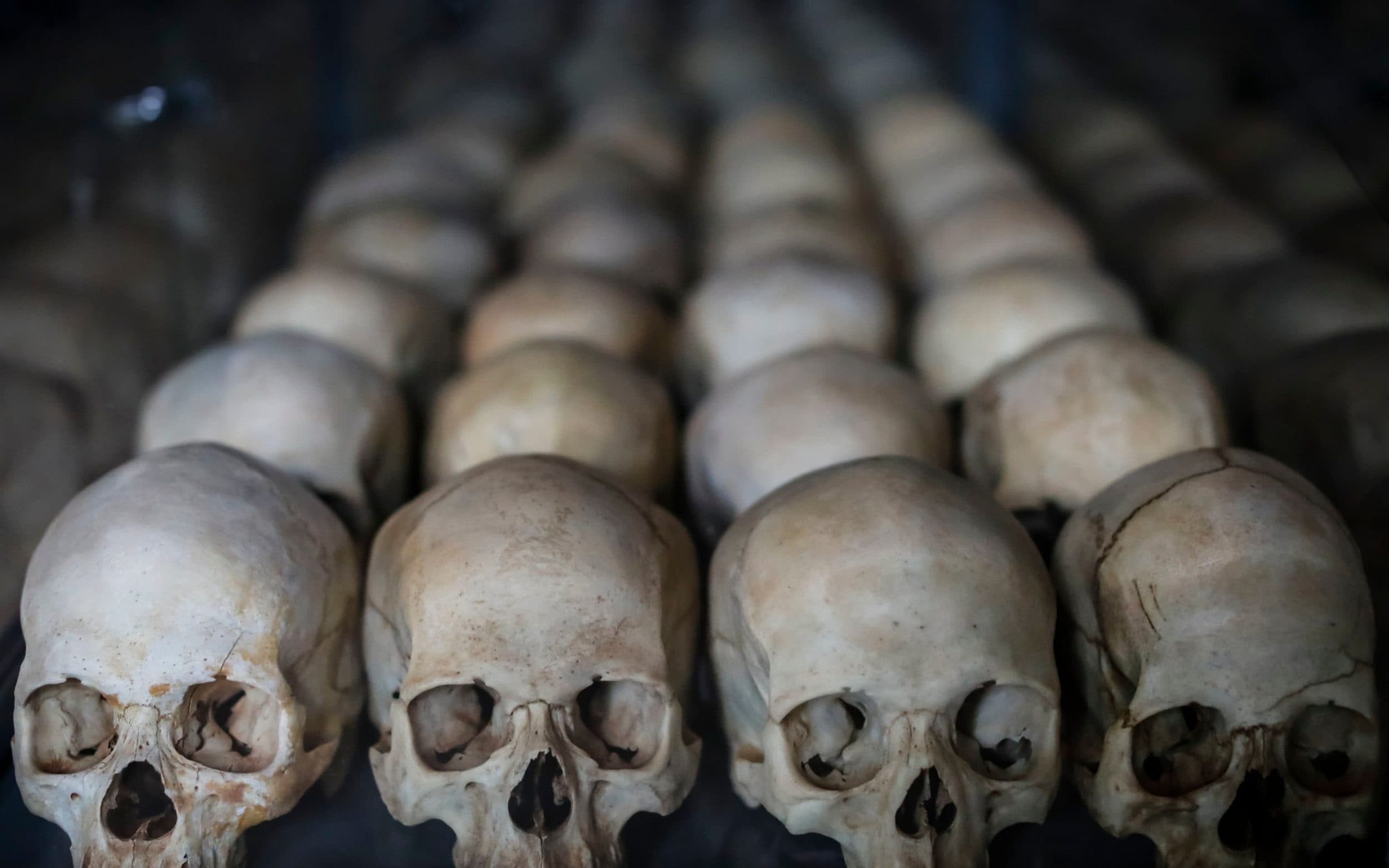
It should be noted that during Macron's visit to Algeria on August 25 of this year, the creation of a mutual commission consisting of 12 French and Algerian historians was also announced. The commission envisages providing wider access to the archives of both countries covering the colonial and war period in two phases. However, it seems that by creating a commission, France aims to extend the time regarding the genocide it committed in Algeria, to reduce the issue to the level of historians, and to remove the accusations against it from the agenda with the argument that "the work is done by historians". France, which demands that a commission consisting of historians should investigate this issue, for some reason does not see the need for a commission consisting of Turkish and Armenian historians to investigate the issue when it comes to the "Armenian genocide", and directly accuses Turkey of committing genocide.
It seems that double standards and hypocrisy form the main line of French public policy in all the points listed above. This hypocrisy is presented as a fair approach under the guise of democracy.


